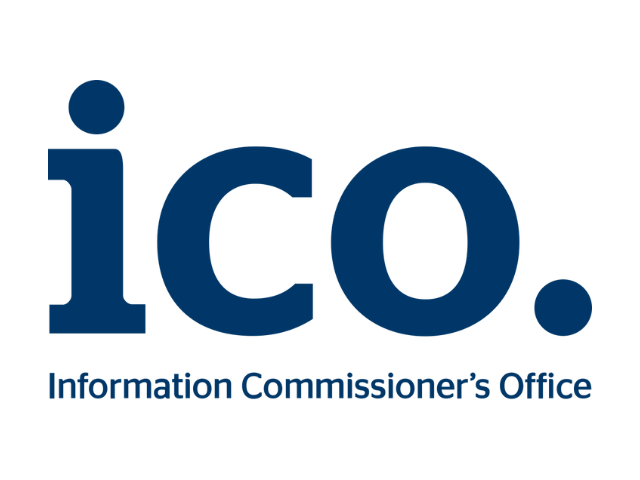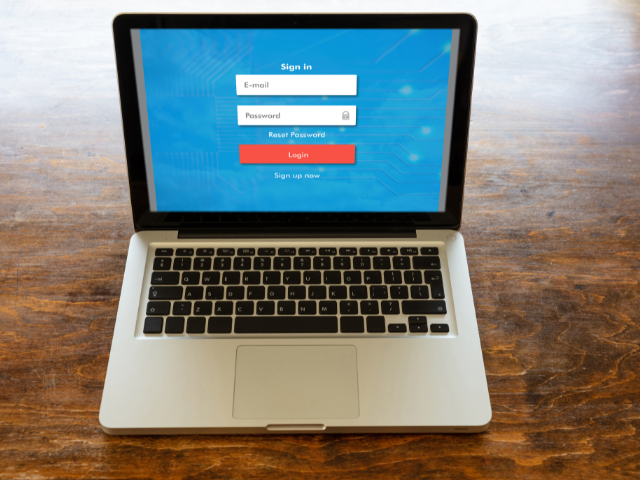The financial sector is one of the most targeted industries for cybercrime. From customer data to transaction records, financial organisations manage highly sensitive information – and that makes them a prime target.
Just one breach can have devastating consequences: financial loss, reputational damage, and a loss of client trust.
Cyber Threats are Rising Fast
Between July 2022 and June 2023, UK financial services firms reported 640 cybersecurity breaches to the Information Commissioner’s Office (ICO). That’s nearly three times more than the year before.
Despite assumptions that banks, mortgage lenders, insurance brokers and financial advisers have strong security in place, the numbers suggest otherwise. These firms are highly lucrative targets – and often vulnerable.

Why Financial Services are in the Firing Line
Money is the obvious motivator, but it’s not the only one. Financial services companies also manage large amounts of personal and confidential data, which can be used by cybercriminals to:
- Access accounts
- Commit fraud
- Launch phishing or ransomware attacks
- Sell stolen data on the dark web
For example, the pensions sector saw breaches jump from 6 to 246 in just one year – a stark warning for the wider industry.
In addition to financially motivated criminals, the sector is also being targeted by politically motivated hackers, insider threats, and even nation-state actors.
The Basic Still Work: Strong Passwords + MFA
Cybersecurity doesn’t always require expensive software or complex solutions. Two of the most effective defences remain:
- Strong, unique passwords
- Multi-Factor Authentication (MFA)
Strong passwords should be long, complex, and different for each account. The National Cyber Security Centre (NCSC) recommends using three random words (e.g. coffee-horse-piano) and adding numbers or symbols for extra strength.
Using a password manager can also help – it stores strong passwords for every account and can generate new ones for you.
But passwords alone aren’t enough.

Why MFA is Essential
MFA adds an extra layer of protection when logging in. Even if a criminal gets your password, they can’t access your account without a second factor – like a code sent to your phone or a fingerprint scan.
According to Microsoft, MFA can block over 98% of attacks.
It’s simple to implement, easy for staff to use, and highly effective at stopping unauthorised access.
Secure Your Accounts
MFA should be standard for any financial services firm – especially those handling:
- Client financial data
- Remote access tools
- Cloud-based systems (e.g. Microsoft 365, CRMs, portals)
- Email accounts used to share sensitive information
Yet many companies still haven’t rolled it out fully across their systems.

Let’s Strengthen Your Cyber Defences
MFA isn’t just a nice-to-have – it’s one of the easiest and most effective ways to protect your business from growing cyber threats.
Get in touch with DTE (a Gold Partner of RSA Security) to explore how we can help your firm stay secure, compliant, and confident in the face of cyber risk.


